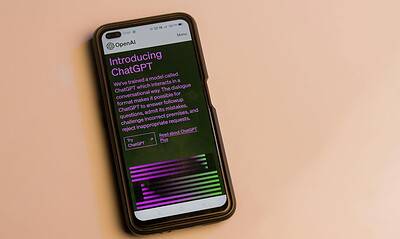AI
Claude gets memory feature to pick up where you left off
You can enable it by going to Profile → Settings → Search and reference chats.

Just a heads up, if you buy something through our links, we may get a small share of the sale. It’s one of the ways we keep the lights on here. Click here for more.
Anthropic has just rolled out a long-awaited “memory” feature for the Claude AI chatbot.
In a demo video, a user asked Claude what they had been discussing before their vacation.
Claude searched through their past conversations, summarized them, and offered to continue where they left off.
The idea is to make it easier to pick up ongoing projects without re-explaining everything each time.
Anthropic calls it a way to “never lose track of your work again,” letting people reference older chats, keep separate workspaces, and build on past ideas seamlessly.
This memory tool works on Claude’s web, desktop, and mobile apps. For now, it’s available to Claude Max, Team, and Enterprise subscribers.
Users can enable it by going to Profile → Settings → Search and reference chats.
Anthropic says it will come to other plans soon. However, there’s a big difference between this and what some people imagine when they hear “memory.”
Claude’s system isn’t always “on” — it doesn’t automatically keep track of everything you say. Instead, it only digs into your old conversations if you specifically ask it to.
The company also says it’s not creating a personal profile of users, which addresses some privacy concerns.
This launch comes amid an intense rivalry between Anthropic and OpenAI.
Both companies have been racing to add new features like voice interaction, bigger context windows (which allow chatbots to remember more text at once), and fresh subscription tiers.
Just last week, OpenAI released GPT-5. Meanwhile, Anthropic is reportedly seeking funding that could put its valuation at $170 billion.
Adding memory functions is part of a broader strategy in the AI world: make chatbots more useful over time so users stick with one platform instead of switching.
But the concept isn’t without controversy. ChatGPT’s memory features have sparked heated debates online.
Some users appreciate the convenience, while others worry about privacy or feel uneasy when a chatbot recalls personal details.
Does Claude’s search-based memory approach strike the right balance between convenience and privacy? Should AI chatbots automatically remember everything you discuss, or is it better to have memory features that only work when you specifically ask for them? Tell us below in the comments, or reach us via our Twitter or Facebook.


























